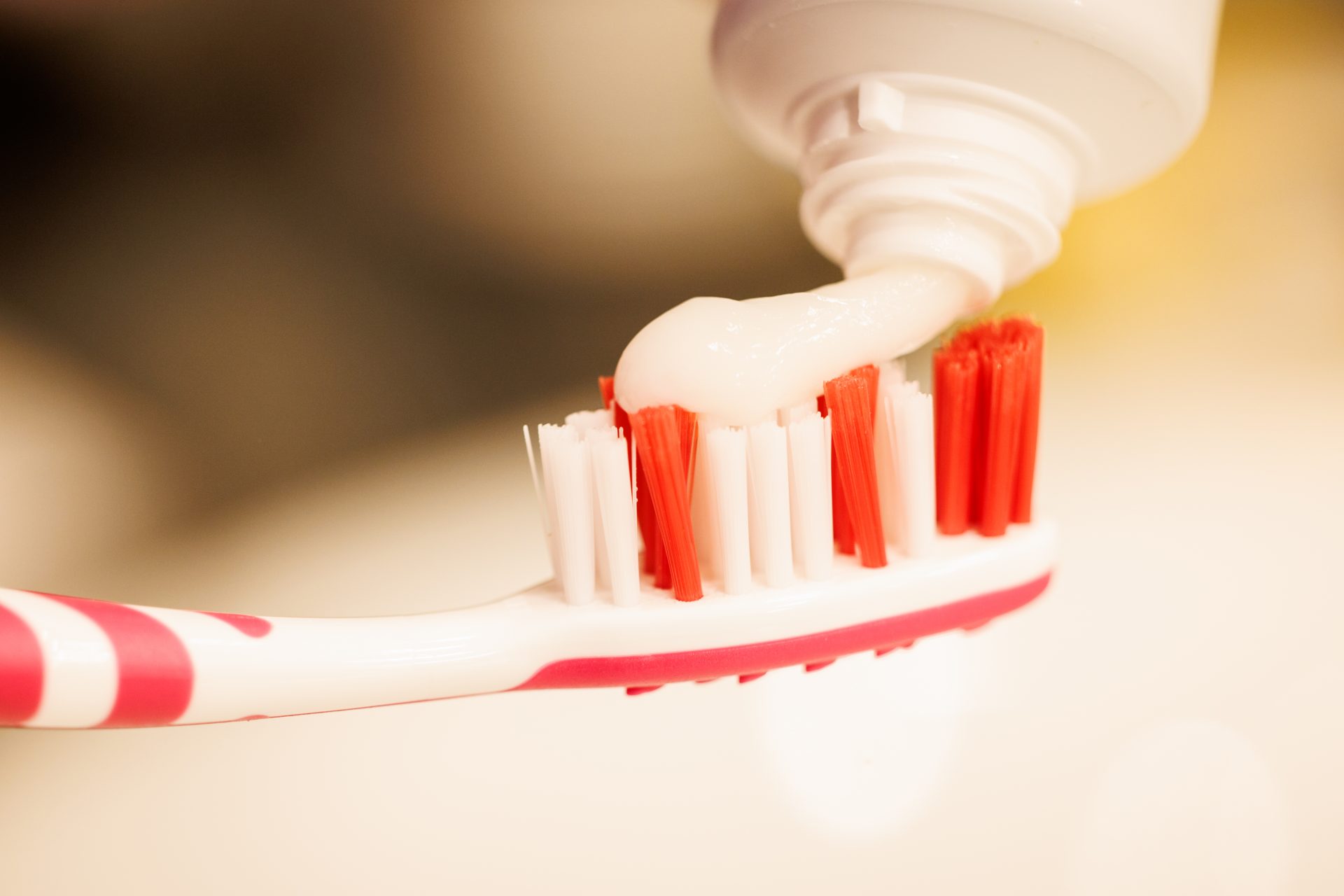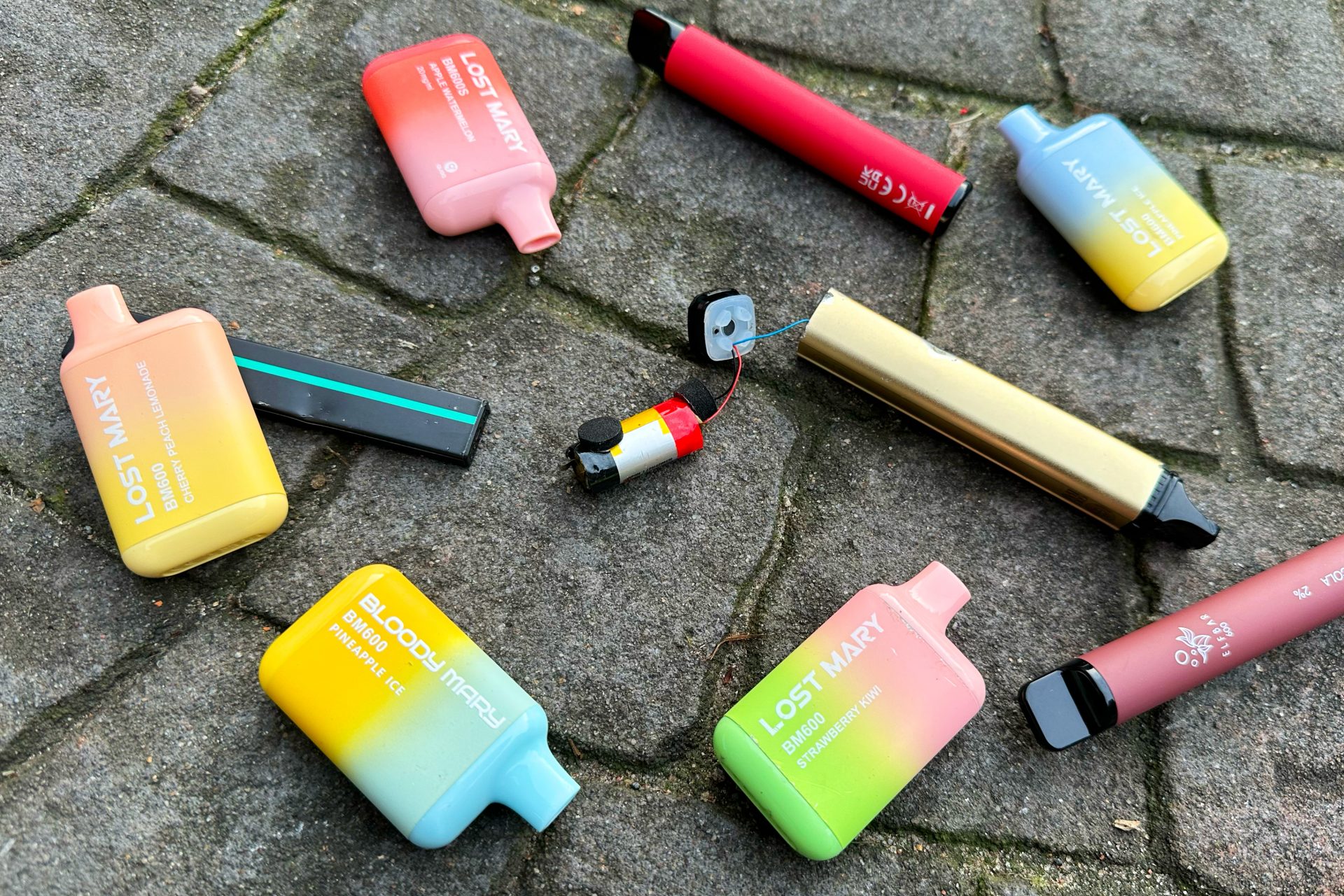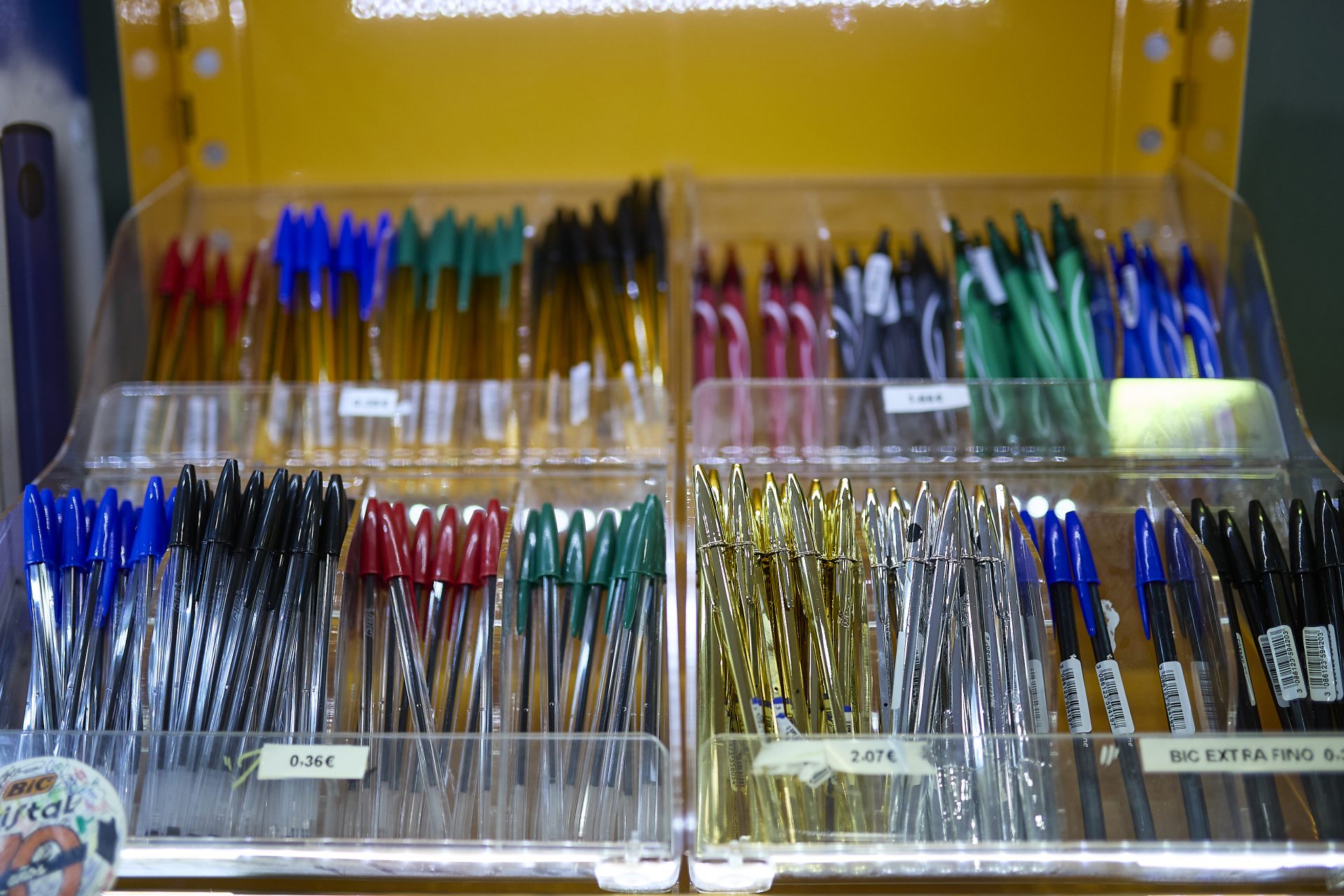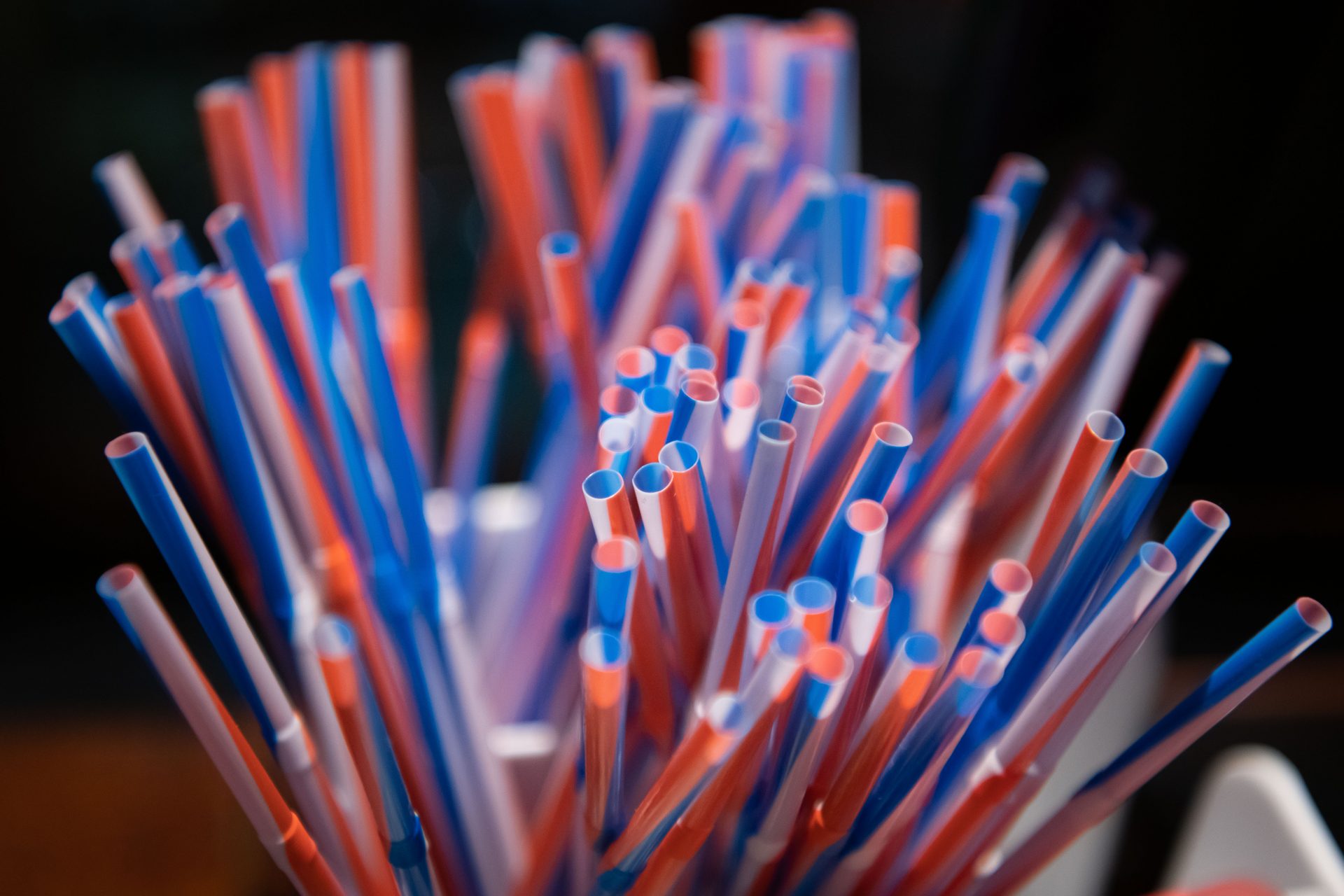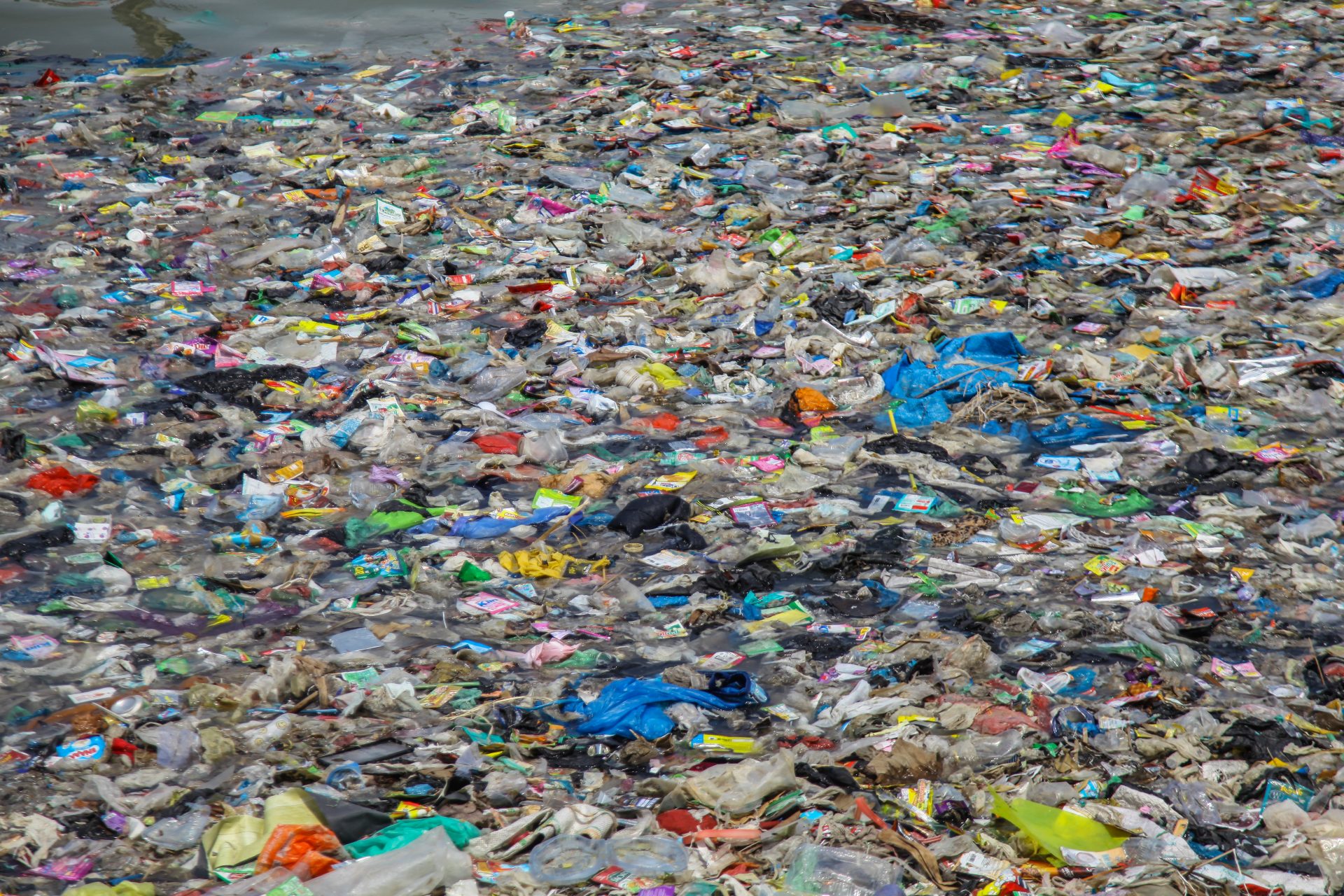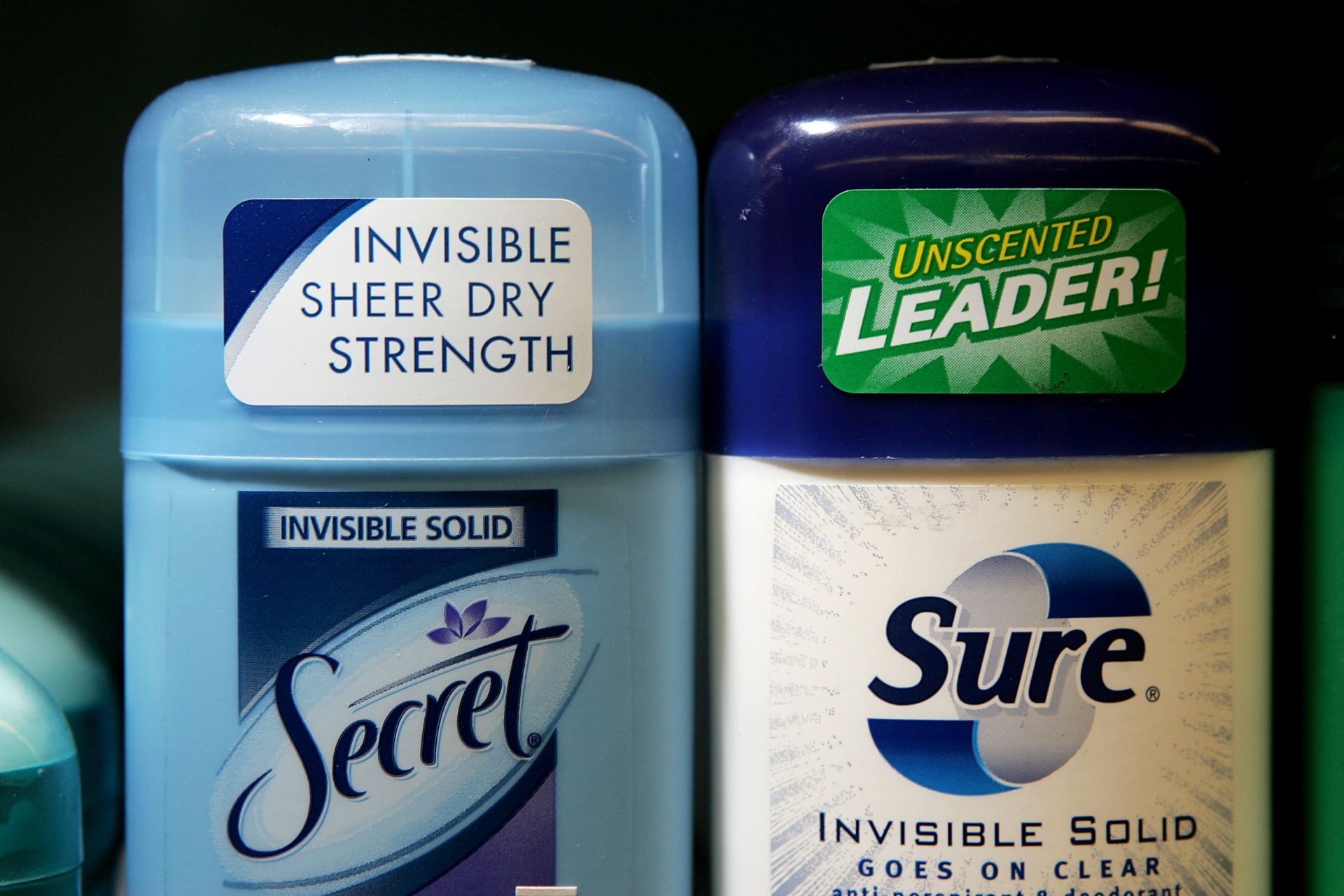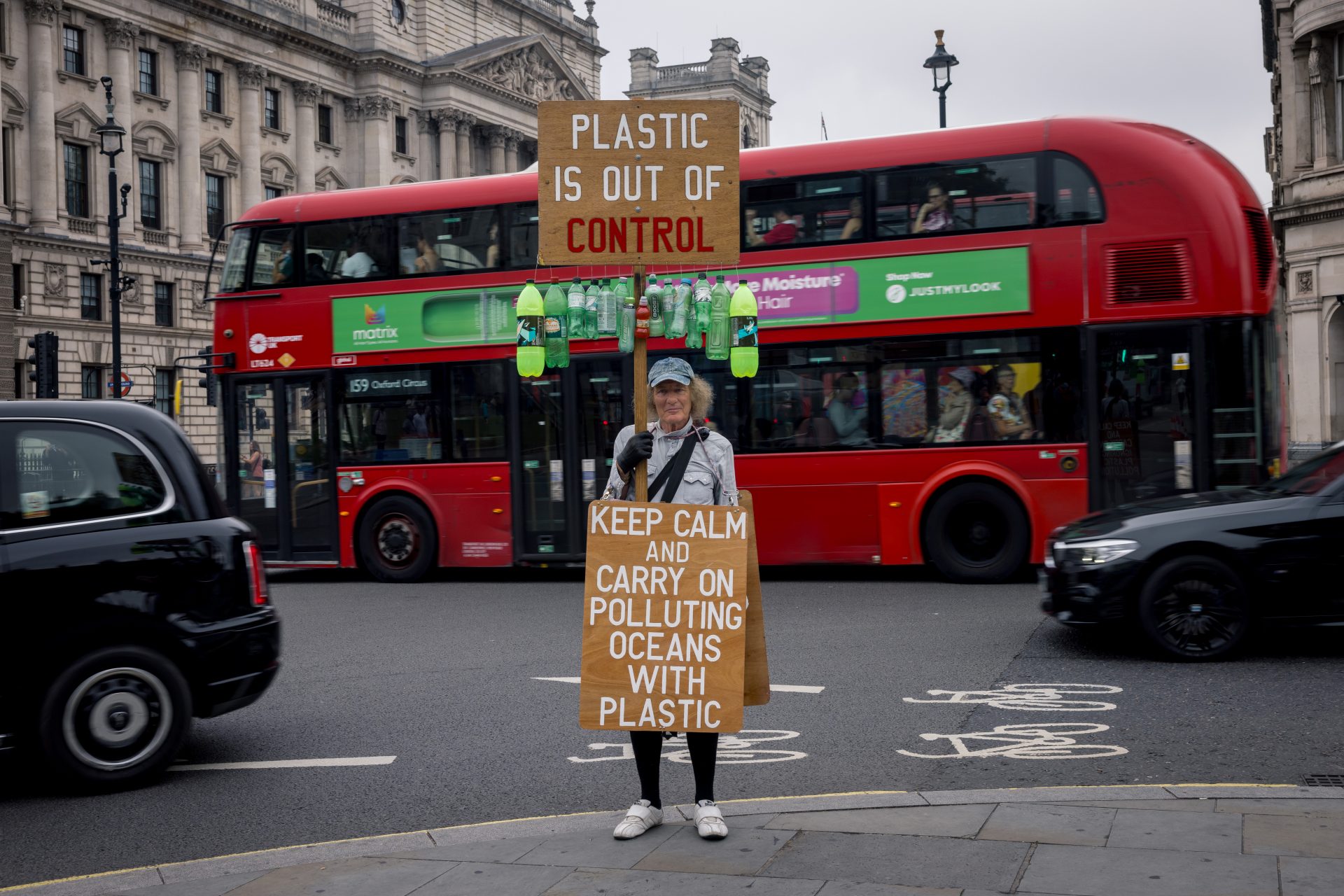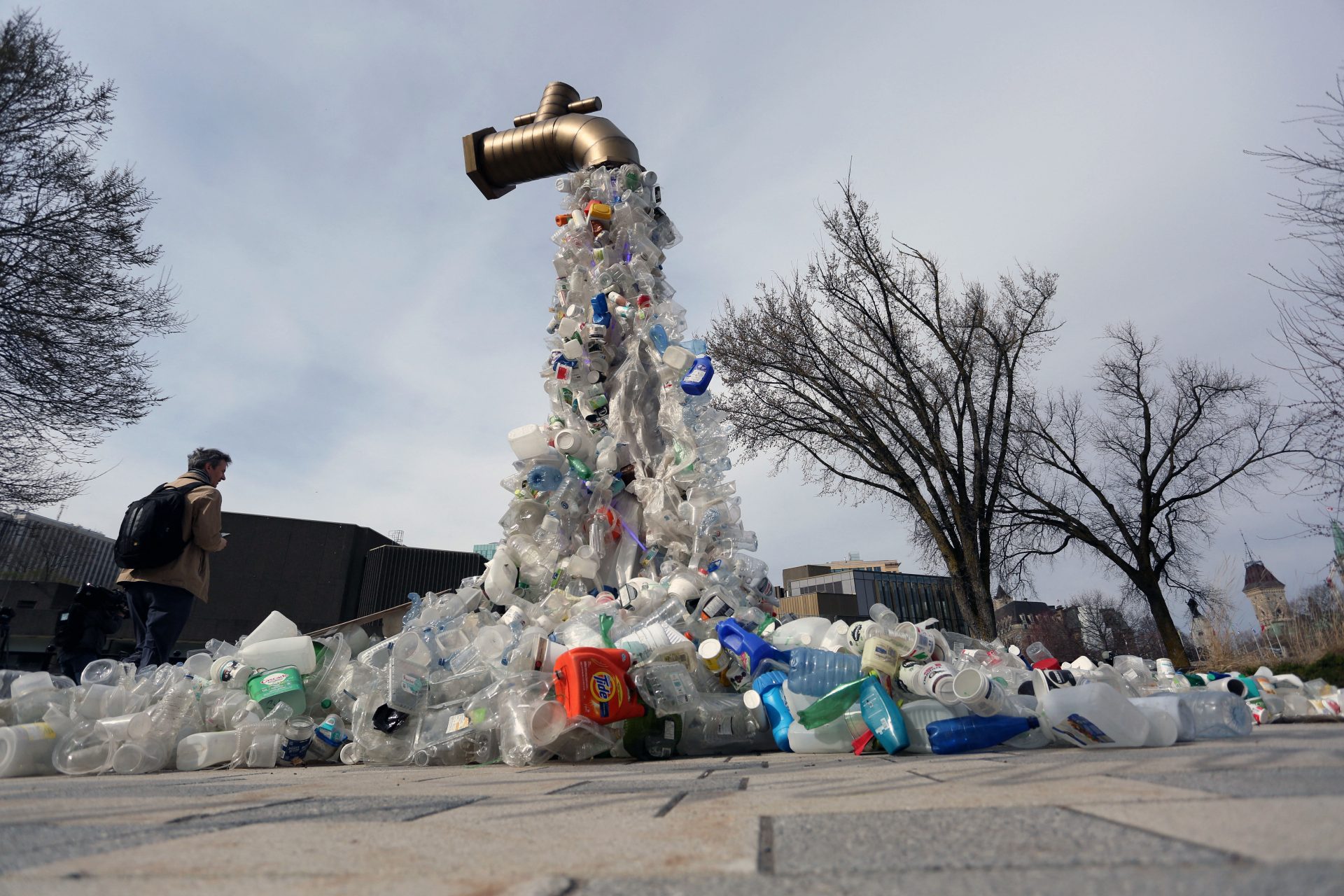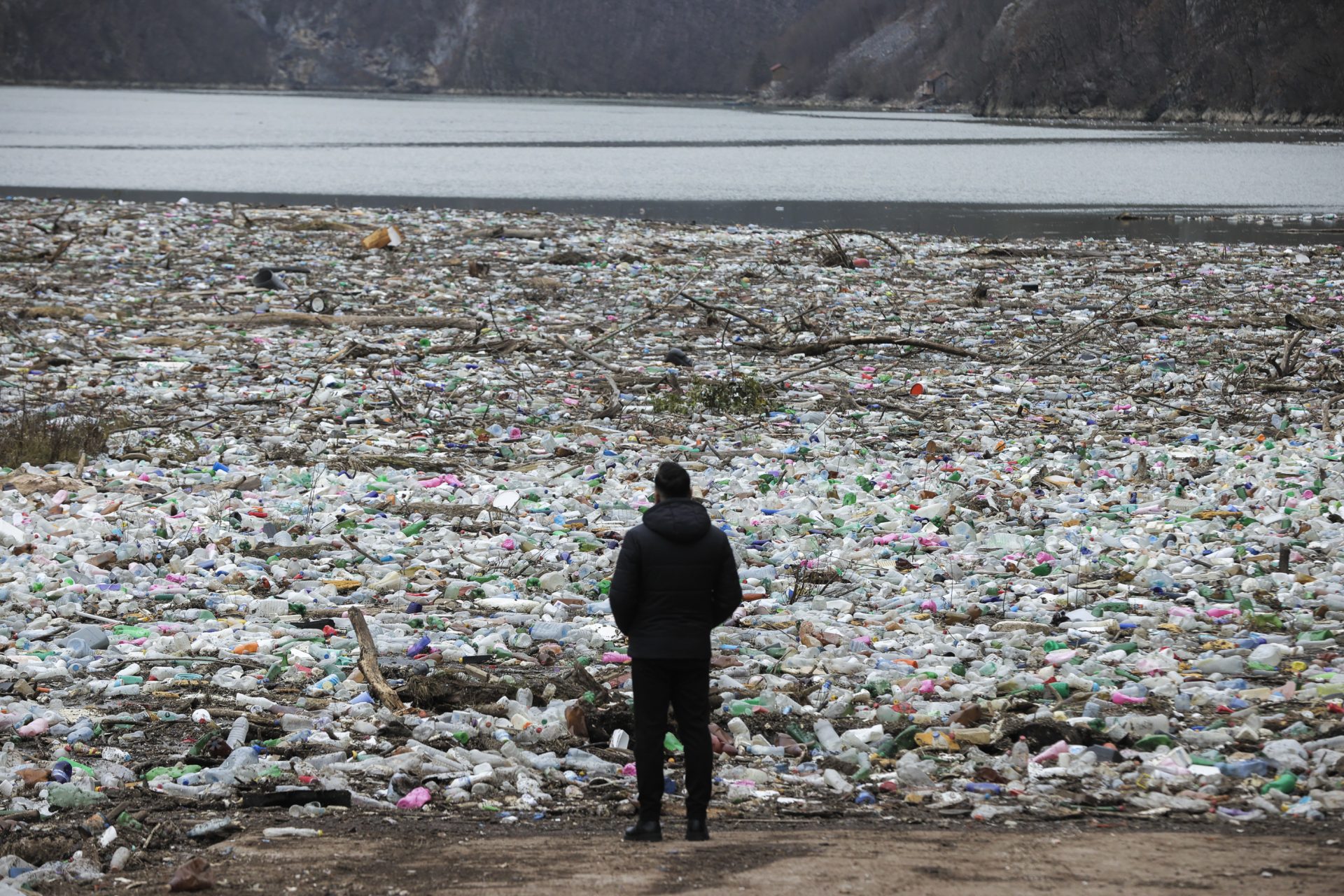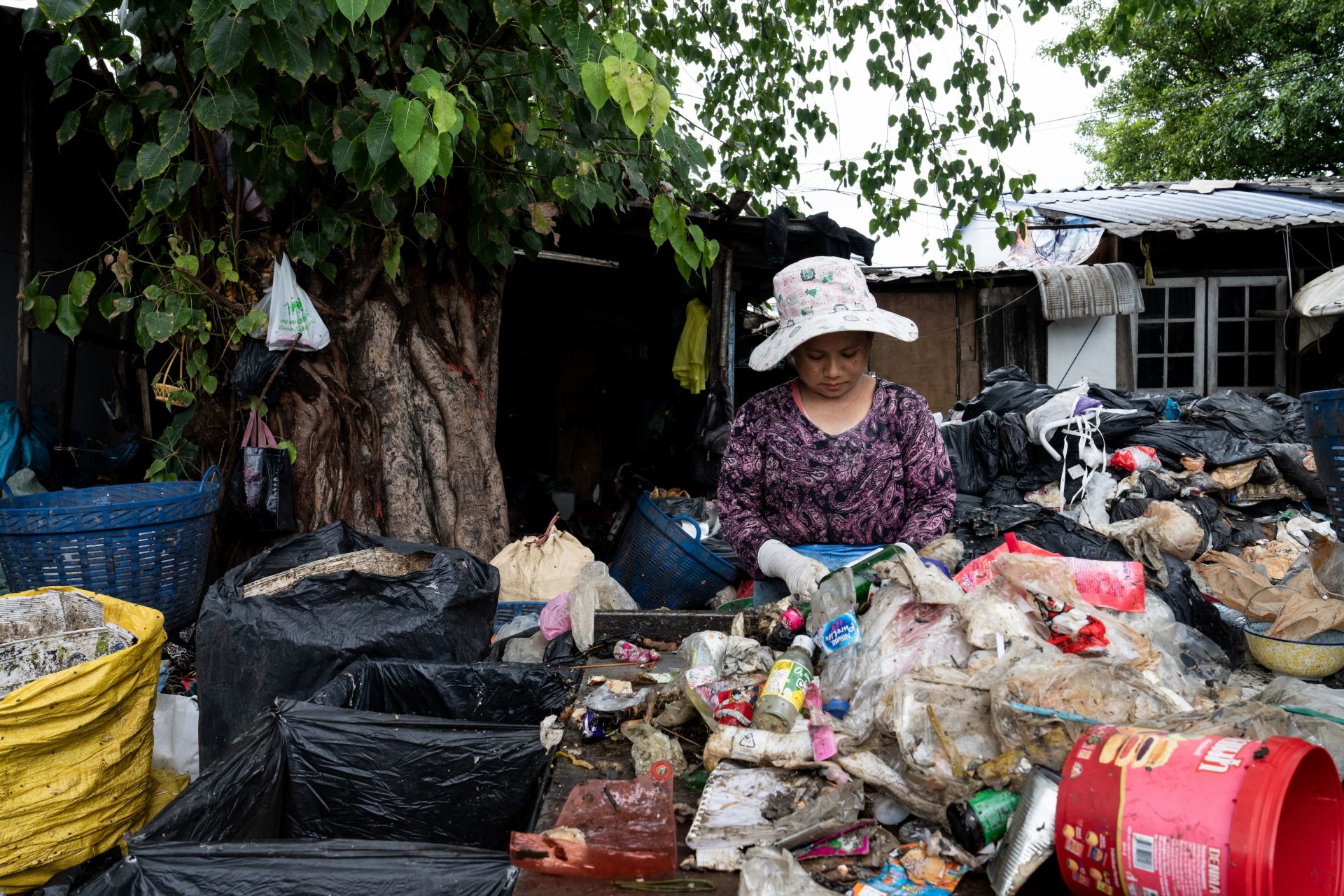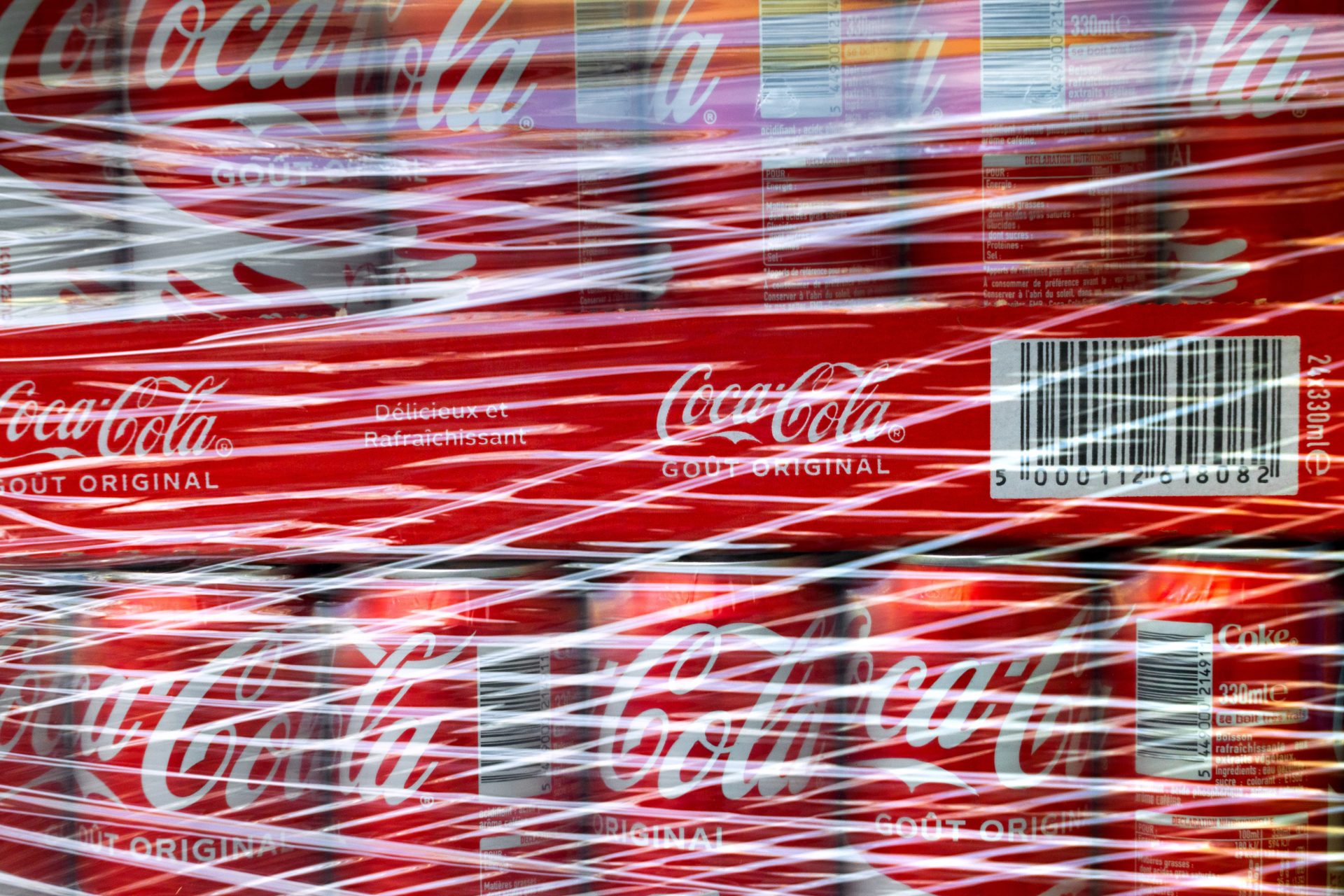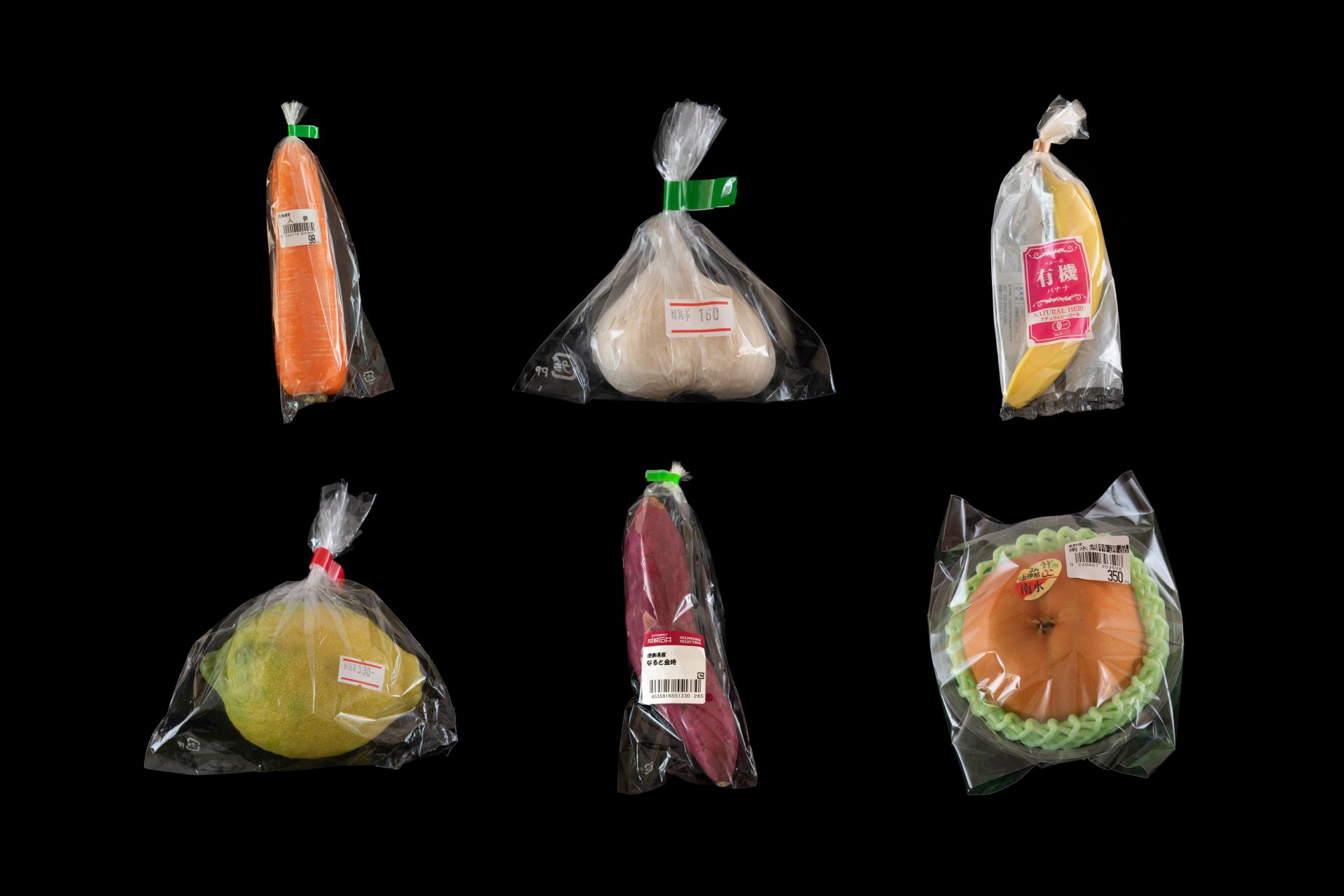Recycling plastic isn’t rubbish but small items are a big 'no' for that bin
To live without plastic is nearly impossible nowadays. Everything from toothbrushes to our tubes of toothpaste is made from this indestructible material but our consciences are soothed as soon as we dispose of it in the recycling bin.
Unfortunately, this action, done in good faith, does little to solve the plastic problem. According to Susan Collins, president of the Container Recycling Institute in the Washington Post, small plastic items, for example, do not get recycled.
In fact, they either fall through the net or complicate the recycling process as they are often made of different kinds of plastic (type 5 or 6), or are combined with other materials.
Too small to recycle means anything three inches or smaller in dimension, or thin and long like plastic straws.
“Sorting all of those different types is impossible,” Judith Enck from Beyond Plastics told The Post.
The good news is, five companies, including Colgate-Palmolive and Procter & Gamble are working with Massachusetts Institute of Technology to develop a sorting procedure that means their smallest plastic products will get recycled, according to MIT News.
Still, sorting for recycling is complicated in general as certain plastics are simply not recyclable, despite what we are led to believe.
A report out this year from Climate Integrity called “The Fraud of Plastic Recycling” accuses the fossil fuel industry of promoting the idea that all plastics are recyclable when quite the opposite is true.
This, the report states, is “despite their [the fossil fuel industry’s] long-standing knowledge that plastic recycling is not technically or economically viable at scale.”
As sorting is expensive, it is often carried out in other countries where it is cheaper to sort through the plastics by hand.
Even there, soft plastics such as bread bags or clingfilm are not worth recycling financially and will invariably be burned for electricity or downcycled into items such as bin liners, The Guardian reports.
Only things made of 1 or 2 type plastics should be recycled, according to Collins in The Washington Post – the others, including small plastic items, should simply be avoided wherever possible.
More for you
Top Stories



